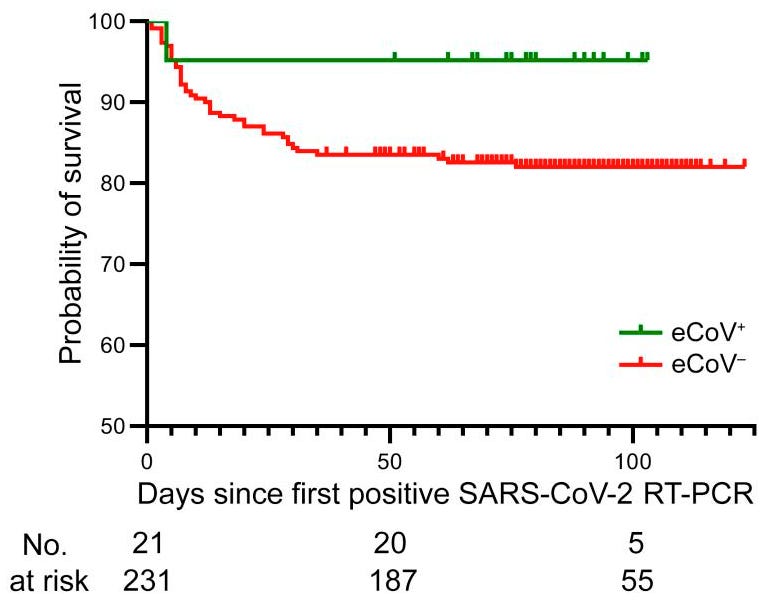Personal Science Week 231019 HTLH
Our trip to the HLTH 2023 Conference, plus the end of the Serimmune experiment
HLTH is the biggest industry conference for healthtech — all those gadgets and diagnostics of interest to self-tracking personal scientists. We recently joined more than 10K+ other CEOs and influencers who attended the show in Las Vegas to learn about the latest and greatest developments.
This week we’ll summarize a few of the most important items we saw that will be of interest to personal scientists.
Cancer Detection
Nearly all cancers begin with “mistakes” that happen during cell division. Some of the resulting by-products end up in the blood stream, where the diagnostic company GRAIL claims they can be detected. Their Galleri® Test is a simple blood draw that, when analyzed by their lab, supposedly can detect dozens of cancers, including cancers of the prostate, breast, colon, lung, stomach and virtually everywhere else. Although it’s not sold as direct-to-consumer, for all practical purposes it’s available to anyone who can spend the roughly $850 out-of-pocket. Just ask your doctor, or contact the company directly and they’ll give you the test.
The test will specify exactly which organ is the source of the cancer, which will direct you where to follow up for a more extensive exam. The company claims their false positive rate is only 1 in 200, so presumably if they say you have cancer, you better take it seriously. On the other hand, when tested against people known to have cancer, it was right only about 88% of the time – so you’re not off the hook if the test comes up negative.
UCLA spinoff EarlyDiagnostics is planning a similar product called CancerRadar. It hasn’t been released yet, but it demonstrates that the core technology is straightforward and will no doubt be a common part of your annual physical in a few years.
Do these tests work? We’re optimistic — but skeptical. The test makers insist this is not a replacement for traditional cancer screening (mammography, colonoscopy) and there is no long-term evidence that early detection via this blood test improves the metric that matters most: long-term survival. (See PS Week 230921 for more thoughts).
Only one way to find out: try it yourself. If you’ve taken one of these tests, please let us know about your experience.
Comprehensive Medical Testing
Several companies have attempted “head to toe” medical testing for people who want more than a standard physical exam. If you’re willing to pay extra for specialized genomics, microbiome testing, state-of-the-art imaging, and more, one option is Wild Health. For about $400/month, they’ll give you everything you’ll want from a concierge doctor, including their proprietary 700K genomic analysis plus blood tests and unlimited health coaching.
We also saw a new test for kidney disease from Journey Biosciences. Kidney problems have no symptoms until it’s too late, but their blood test claims to detect trouble years in advance.
Regular readers of PS Week know that we’re fans of SiPhox Health, which is developing a very low cost at-home blood test using a silicon photonics sensors. The company currently sells a $95 test for about 20 common blood markers, including cholesterol, insulin, APO-b, sex hormones, and more. Although that test requires you to mail your sample, the company says they’ll have first hardware prototypes of their at-home units by early January. Read our detailed review in PS Week 221222
No More Antibodies
We’ve written about our experience with the antibody testing company Serimmune in PROTO.LIFE, and about COVID more generally in PSW-230727. Now we’ve received the unfortunate news that Serimmune has ended their clinical study. Started near the beginning of the COVID-19 pandemic, the study used a clever method of antibody identification to compare different kinds of infections. The researchers gave free blood-based antibody tests to participants, which included many of us happy personal scientists.
When we reached out to the study authors, they replied that unfortunately the trial had become too expensive and that they already had plenty of data to analyze for what they need. We suspect that another reason may have been that the test itself seemed to lack any obvious predictive power. After viewing dozens of samples from fellow personal scientists, we saw results that were all over the map: antibody levels seemed to go up in some people, down in others for no apparent reason, regardless of vaccination status.
Incidentally, for better or worse, as of mid-October 2023, your humble PS Week author still hasn’t (knowingly) contracted COVID-19. I find this especially odd since, besides COVID, I haven’t had any other respiratory colds or flu since early January 2020. Is that what protected me? A 2021 paper from the Boston University Medical Center looked at 16,000 patient records and found slightly fewer serious COVID infections among people who had a confirmed infection from another coronavirus, like those that cause the Common Cold.
So far I’m still convinced that the only, slightly effective thing you can do to avoid coronavirus infections is to wash your hands — which I do, religiously throughout the day.
Links Worth Your Time
If you take melatonin to improve your sleep, Peter Attia pours over a recent study that shows the inaccurate levels found in common over-the-counter supplements. Conclusion: be careful taking the stuff, and if you do, don’t ever exceed 1mg. Note: most common brands contain far more than that, typically 3mg - 10mg.
Did you miss the solar eclipse on October 14th? There’s another big one coming on April 8, 2024, sweeping across much of the northern United States. The best website to track it is at The Eclipse Company
Speaking of cool sciencey maps, Sam Learner’s River Runner is my favorite explanation for how a drop of water makes it to the ocean. Enter a location in the continental US and it’ll draw a detailed animation. You have to click on the site for the full experience (it’s incredibly detailed!), but here’s a segment running through central Michigan.
About Personal Science
Professional scientists practice science as part of their job, often investigating ideas or problems with no particular benefit to their daily lives. A physicist working on nuclear fusion, for example, might apply rigorous scientific techniques in his lab work without any particular consequences to his daily life. As far back as the Bible, “Physician, heal thyself” has been good advice, often observed in the breach.
For interactive discussions with other Personal Science-minded people (including me), please join the Open Humans Weekly Self-Research Call, every Thursday at 10am Pacific Time. Open to everyone, and very friendly. (See Personal Science Week - 15 Sep 2022).
If there are other topics you’d like to discuss, please let us know.









